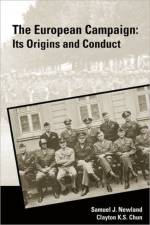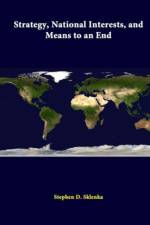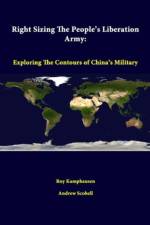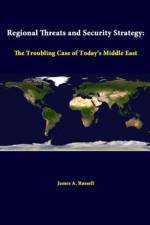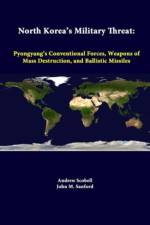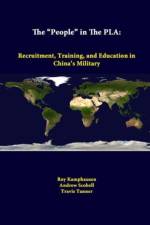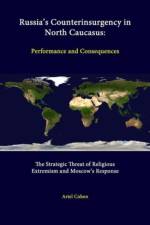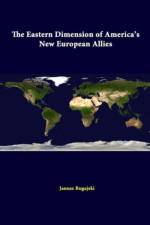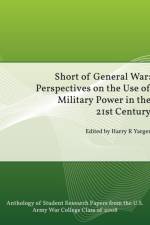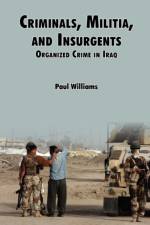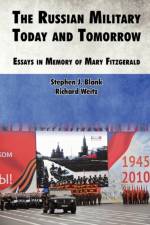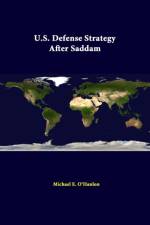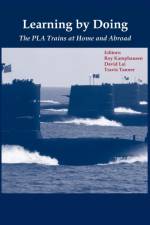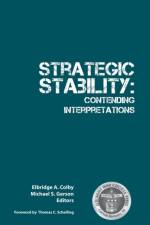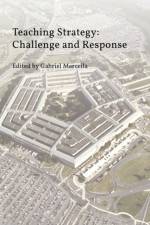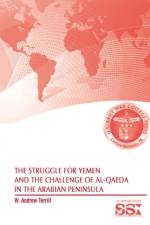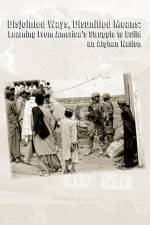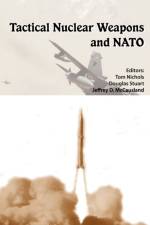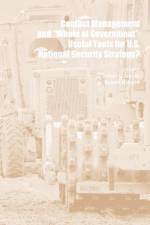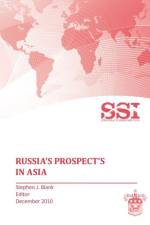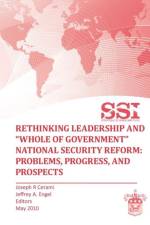- Perspectives on the Use of Military Power in the 21st Century
av Strategic Studies Institute
377
Looking out to 2025, many see potential for a prolonged period of instability as a result of competing economic models, demographics, the rise of new international actors and the resurgence of old ones, climate change, and the scarcity of resources. The range of stability challenges will stretch the capabilities of any military force structure and require innovative thinking concerning the appropriate development and use of the military element of power. In this anthology, sixteen students of the United States Army War College Class of 2008 offer their perspectives on the use of military power across the spectrum of conflict in the 21st century, short of or following general war; they provide insights into the necessary force structure, policy, strategy, and doctrinal approaches for future success. The first chapter describes the security dilemma confronting the United States and the implications for military force structure and operations. It argues that full spectrum operations are an appropriate doctrinal response, and that stability operations will present new challenges for the use of military force. The subsequent chapters are edited student research papers from the U.S. Army War College Class of 2008 selected for their focus on operations short of general war. Each writing shares in common a worthwhile idea or set of ideas that can materially contribute to how the United States military can best conduct full spectrum operations. Collectively, these essays reveal the innovative thinking, diversity, and depth of thought that is characteristic of the U.S. and foreign military and civilian personnel that comprise each class of the U.S. Army War College. The essays also offer key insights at the policy, strategy, planning, and doctrinal levels that can be applied in the current and future strategic environments confronting the United States and its security partners

